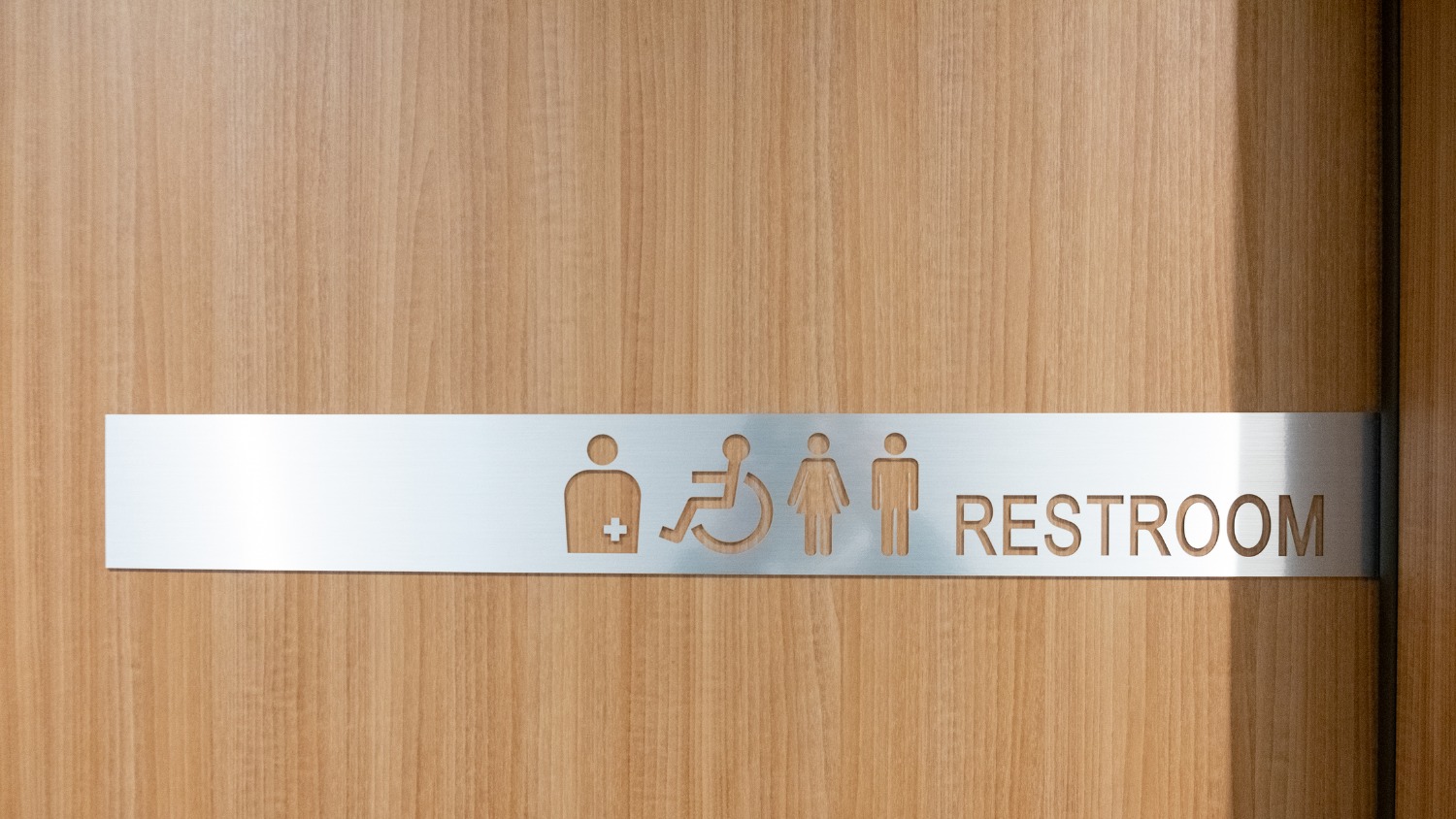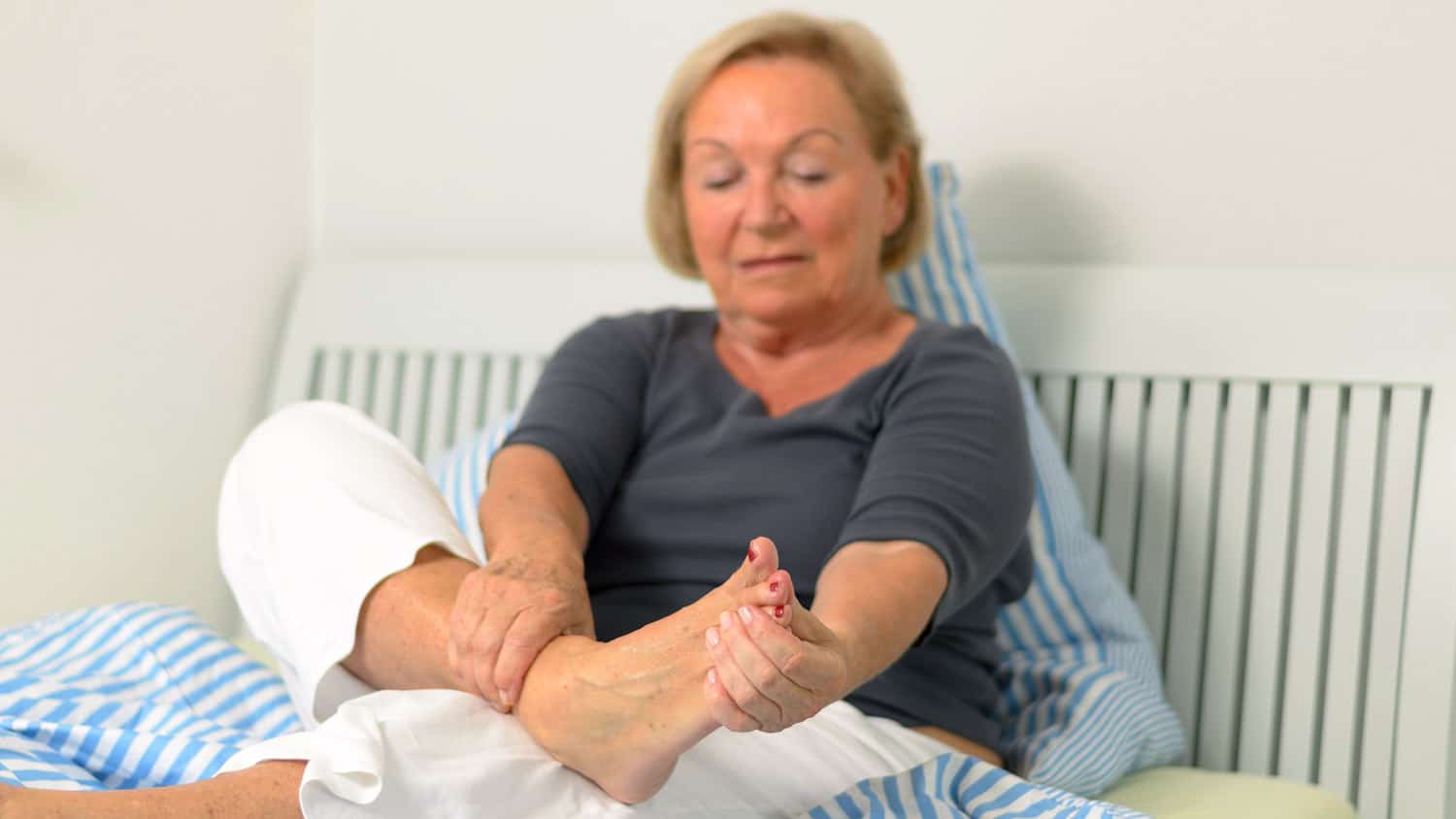
7 Ways to Manage Incontinence in the Workplace
For those of us who are still working – whether full time, part-time or even as volunteers – incontinence can be an issue. Between dealing with deadlines, back-to-back Zoom calls and pressure to succeed, people have enough to worry about without the stress of an overactive bladder.
But unfortunately, more than 25 million adults in America experience temporary or chronic urinary incontinence, causing tensions and stress for those who struggle with managing their incontinence in the workplace and talking to their employers about it.
And as more and more adults continue to stay in the workplace at older ages, the more employees there are that are experiencing incontinence. If left without a solution or proper management routine, incontinence can stunt a worker’s productivity and cause frustrations between employees and employers to rise both in office and remotely.
Whether working in the office, at home or even at a coffee shop or park, below are a few tips to keep in mind to help managing your incontinence during the workday:
Locate the Nearest Restroom
When in the office, it’s important to locate where the closest bathroom is to you so you can map out how long it will take to go when necessary. If the restroom is located farther than expected, then going to the bathroom frequently may begin to disrupt your productivity.
Spread Out Your Fluid Intake
Always pay attention to your body and spread out your fluid intake throughout the day to avoid constant bathroom breaks. The recommended intake is at least 4-6 ounces of water every hour.
Be Cognizant of Bladder Irritants
Identify any bladder irritants that may impact your urinary frequency. Common bladder irritants are coffee, carbonated drinks, acidic fruits and chocolate. If intaking a bladder irritant, be sure to prep your body with water beforehand.
Listen to Your Body
This should happen anywhere and not only in the workplace, but it is important to never hold in your bowel movements and never strain your body.
Take Stretch and Exercise Breaks
Taking short stretch and exercise breaks throughout the day will alleviate the pressure on your bladder. This can be simply walking up and around your office or doing some exercises in your chair at your desk.
Put Yourself on a Schedule
It will be helpful to plan out your workday and urination by drinking water and making your body do some type of movement every hour on the hour. And about every two hours, plan to use the restroom.
Ways to Talk to Your Employer
If you notice that your incontinence is starting to impact your work life, even after implementing the above practices, always talk to your employer to keep them aware of the situation. The first thing to remember when going to talk to your employer about your incontinence is to not be embarrassed.
Incontinence is a very common occurrence and is nothing to be ashamed of. The more open you are with your boss, the more normalized the conversation will go and the better the outcome will be.
When dealing with anything related to our bodies, always seek medical advice or treatment if your incontinence is becoming hindering. If you feel like you can’t sit through a 30-minute meeting or if it’s severely getting in the way of your work performance, then seeking a medical professional for your needs will be important for moving forward.
Has incontinence interfered with your work performance? What about other life situations? How do you take care of it? What strategies have worked for you?
Tags Medical Conditions






